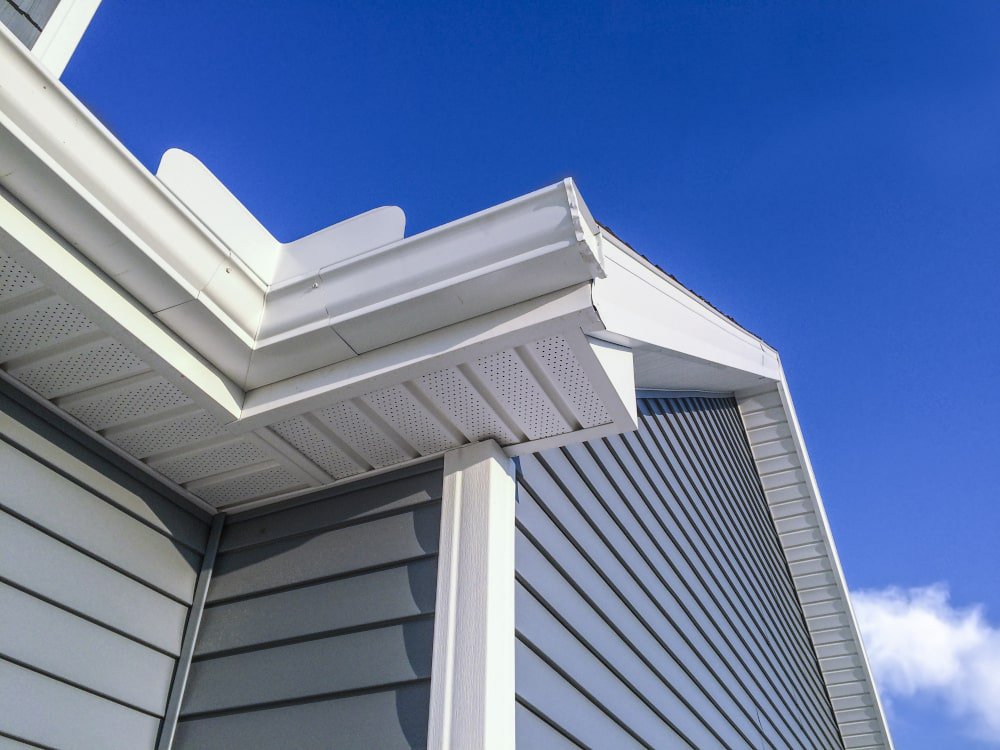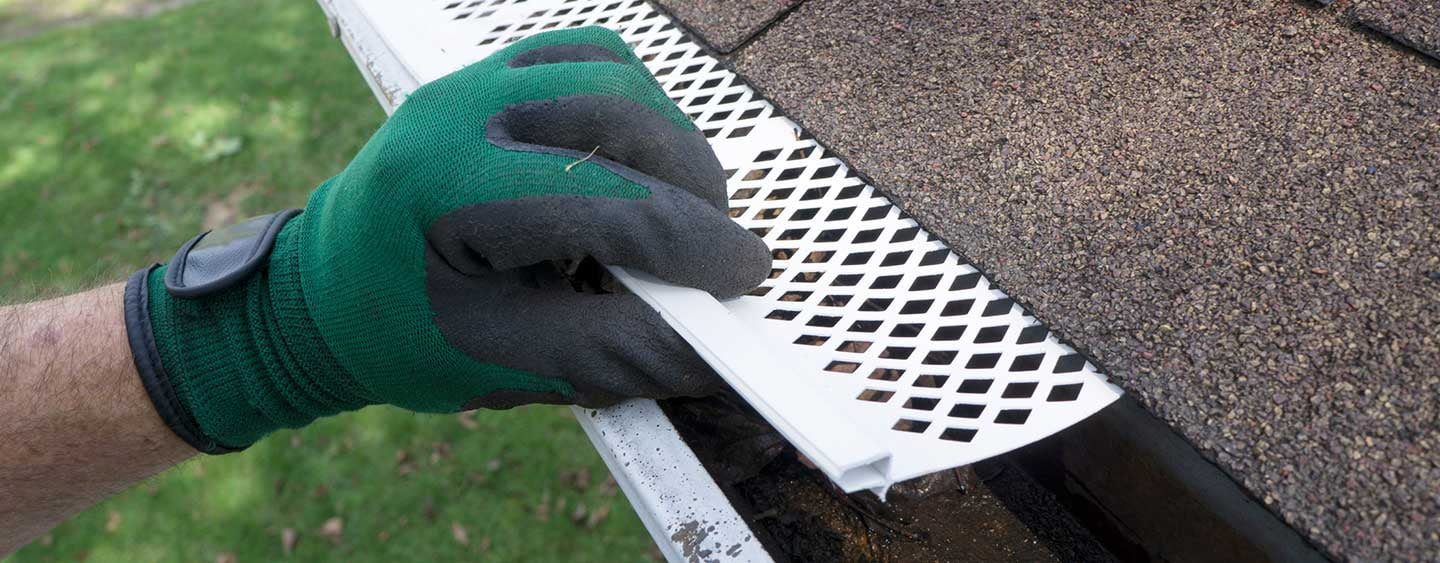
When we think about improving the energy efficiency of our homes, insulation often takes precedence over other considerations. However, there are many other factors that must be taken into account.
The right selection of siding material has the potential to reduce seasonal fluctuations in temperature, as well as increase overall comfort levels within your home. By investing wisely in building materials such as wood or vinyl siding, homeowners can see significant savings on their utility bills each month.
An Overview of Siding Types and Their Efficiency
As the outer shell of a home, siding plays an integral role in protecting it from external elements - beyond providing protection, it can also have a major impact on your home’s energy efficiency.
For most Canadian homeowners, some of the most popular choices of siding include vinyl, wood, brick veneer, fibre cement board, and aluminum, each associated with its own unique benefits and drawbacks when it comes to energy conservation. Vinyl, for instance, has become increasingly popular due to its affordability and ease of installation, but without adequate insulation underneath or around windows and doors, it may fail to provide effective thermal protection during cold winter months.
Meanwhile, wood offers excellent insulation value when sealed properly against water penetration, yet requires more frequent maintenance than other options, such as aluminum, which needs very little upkeep over time.
Brick veneer provides strong structural support while offering fire-resistant qualities that are difficult to match by any other material - through this strength carries a higher price tag than many alternatives. Finally, fibre cement boards can easily be shaped into intricate designs while also offering good durability if installed correctly.
Maintenance Requirements of Different Siding Types
Siding types are often selected based on their aesthetic value, but it is important to also consider their maintenance requirements before committing to a material.
Wood siding requires the most upkeep out of all siding materials in order to maintain its beauty and protect your home’s exterior against deterioration. This includes regular painting or staining every three to five years, with attention paid to inspecting any cracks that may have developed. Vinyl siding, on the other hand, tends to be more durable than wood while still requiring occasional cleaning, however, certain colours can fade quickly due to exposure to the sun's ultraviolet rays.
Fibre cement is comprised of a mixture of sand, cement, and cellulose fibre, which creates superior protection against pests, water damage, and fire. This material does require an occasional power wash, as well as periodic sealing around overlapping boards and joints along the bottom edge of your exterior panels. Lastly, brick cladding requires minimal upkeep compared to other materials; however, if grout starts cracking, it must be repaired promptly in order to prevent moisture infiltration into your walls.
How Do You Find the Right Siding Type for Your Home?
With an array of choices in terms of materials, colours, and styles available on the market today, it is essential that homeowners understand how their decisions regarding siding affect their home’s energy efficiency.
The most popular types of siding are vinyl, fibre cement, and wood-based sidings. Vinyl is easy to maintain but may not provide enough insulation, while fibre cement has excellent fire resistance, but requires regular painting, and wood-based sidings offer great aesthetics but needs more upkeep than other material options.
When selecting between siding materials, it’s important to evaluate factors such as lifespan, durability, and weatherproofing capabilities. Additionally, choosing a siding system with a high R-value provides better thermal performance for your home, which helps reduce your energy bills over time.
Ultimately, homeowners should look for products offering superior quality and value for money when deciding on the best type of siding for their homes.
How Long Does Each Siding Type Typically Last?
Vinyl siding is one of the most popular choices for homeowners, due to its affordability and low maintenance requirements. Typically, vinyl siding lasts up to 50 years before needing replacement or repair.
Fibre cement siding offers even greater longevity, with a lifespan typically exceeding 50 years when properly installed and maintained. Meanwhile, wood siding, such as cedar clapboard, usually needs replacing within 10-20 years, depending on climate conditions.
Depending on the type of material used for your home's exterior walls, you can estimate how long each will remain aesthetically pleasing and structurally sound over time. When planning for renovations or upgrades to your home's exterior, consider conducting research into each type of siding so that you know which option best fits your budget, timeline, style preferences, and expected level of performance.
Are There Any Tax Incentives for Installing Energy-Efficient Siding?
When it comes to home energy efficiency, the type of siding you choose can play a major role.
Various types of siding materials exist, and each has its own set of characteristics that can affect how well heat is preserved in your home during winter months, or vice versa in summer. As such, homeowners may be eligible for certain tax incentives when they opt to install energy-efficient siding.
Tax credits are generally available, depending on what kind of material you select as a homeowner. Some manufacturers also offer rebates directly to customers who choose their products, and in some instances, local utility companies will also provide additional financial assistance.
At the end of the day, choosing the right type of siding for your home’s exterior will depend on a number of factors including budget considerations, climate conditions, desired level of maintenance, and long-term goals related to energy savings. Selecting the right material for your home can be a challenge, but with some research, homeowners can find an option that best fits both their financial means and environmental objectives.
At Custom Contracting, we’re here for you to help you find the siding your home deserves. Reach out to a member of our team today for a quick and easy consultation!





